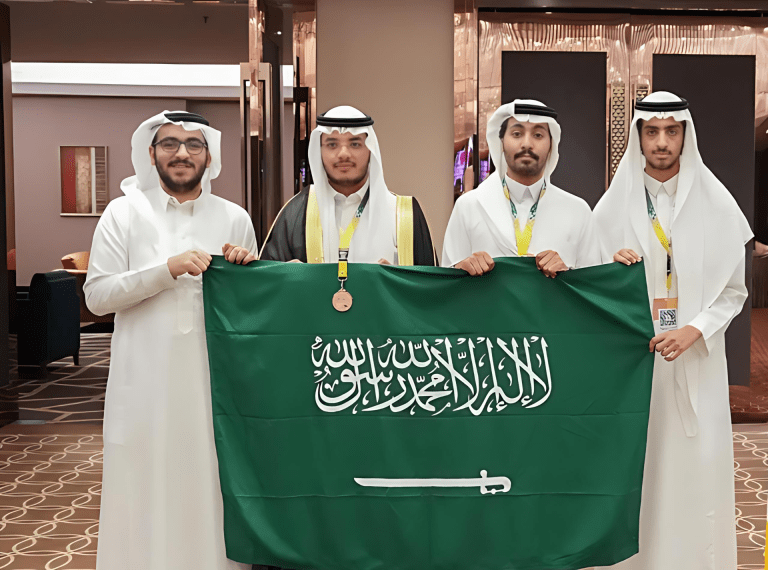By Ahmed Amin
In a proud moment for Saudi Arabia, high schooler Azam Khaled Al‑Omari from Jeddah clinched the bronze medal at the 2025 International Nuclear Science Olympiad (INSO). This impressive achievement brings the Kingdom’s cumulative medal tally in the competition to five, comprising one silver and four bronze medals.
The Olympiad, held in Kuala Lumpur from July 30th to August 6th, gathered 56 students from 14 countries, spotlighting their skills in advanced nuclear science disciplines. The event is endorsed by the International Atomic Energy Agency (IAEA), emphasizing its role in advocating for peaceful and safe nuclear technologies.
A Strong National Framework
Al‑Omari’s success reflects more than individual effort—it underscores the strength of Saudi Arabia’s scientific training ecosystem.
The student was part of a rigorously trained team, selected through national qualifying rounds and prepared under the auspices of the King Abdulaziz and His Companions Foundation for Giftedness and Creativity (Mawhiba), in partnership with the Ministry of Education, and supported by the King Abdulaziz City for Science and Technology (KACST) and the King Abdullah City for Atomic and Renewable Energy (K.A.CARE).
The training included both theoretical and practical components, preparing students to excel in the Olympiad’s two demanding five-hour exams—one theoretical and one practical—designed to test analytical reasoning, creative problem-solving, and the capacity to conduct experiments or simulations in nuclear science.
Regional Momentum in STEM
Saudi Arabia wasn’t alone in its success. Oman, too, made its mark. Mazen bin Rashid al Riyami from Muscat took home a silver medal, while Yazid bin Yusuf al Nabhani (Dakhiliyah) and Tasnim bint Jabir al Hajriyah (North Sharqiyah) each earned bronze medals. These achievements reflect a rising commitment across Gulf countries to scientific education and youth development in STEM fields.
WE ALSO SAID: Don’t Miss…Inside Team UAE’s First Journey To The World Transplant Games



